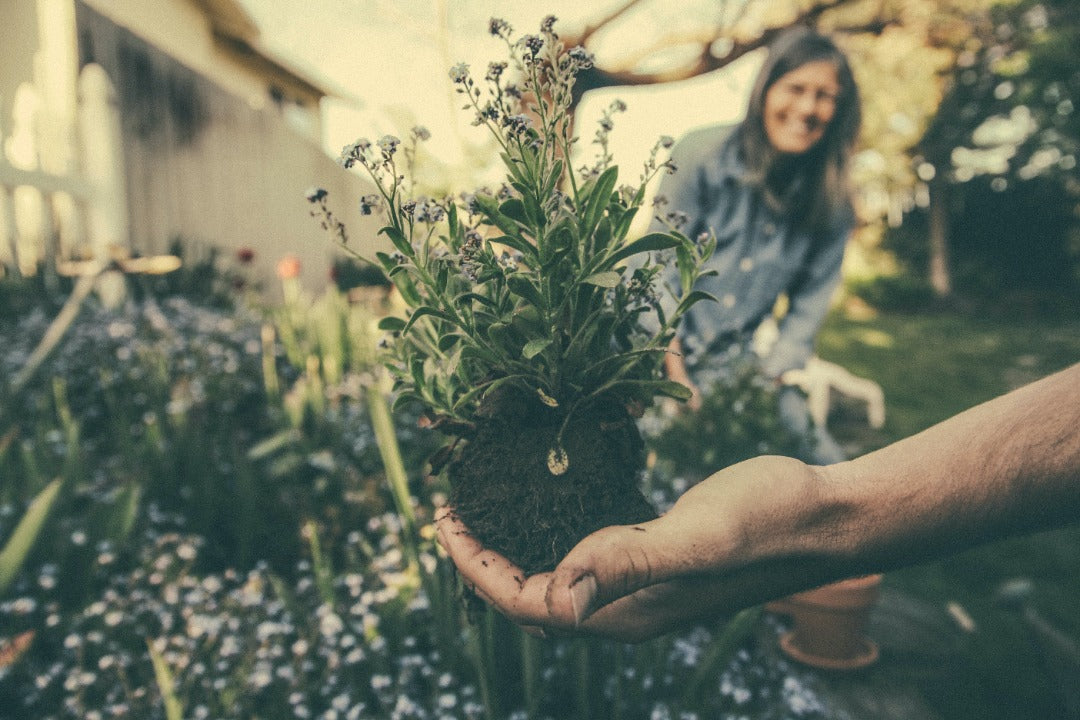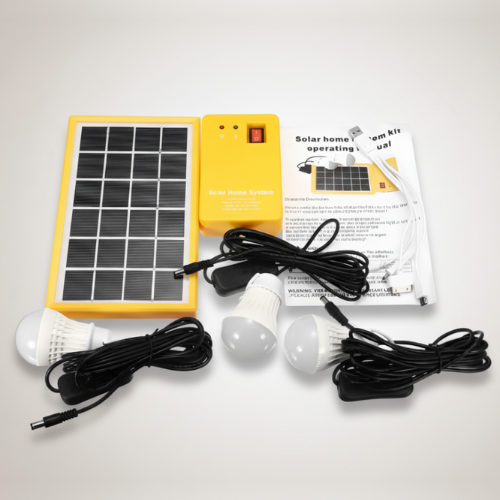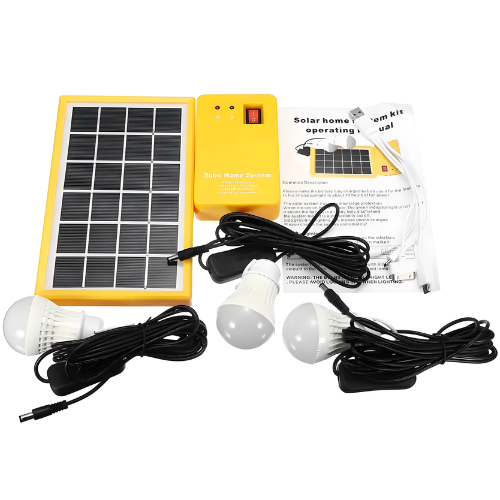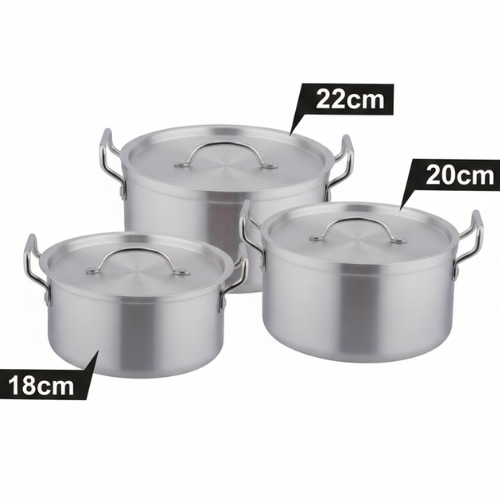Gardening is a beloved pastime for many people, but did you know that it can also have a positive impact on the environment? From reducing carbon emissions to preserving biodiversity, gardening can be a powerful tool in the fight against climate change and environmental degradation. In this blog post, we'll explore some of the ways that gardening helps the environment and how you can make your garden as eco-friendly as possible.
One of the most significant benefits of gardening is that it helps to reduce carbon emissions. Plants absorb carbon dioxide (CO2) from the air and store it in their biomass as they grow. This means that gardening can act as a carbon sink, helping to remove CO2 from the atmosphere and mitigate the effects of climate change. Additionally, many gardeners choose to grow their own food, which can reduce the carbon footprint associated with transportation and packaging of store-bought produce.
Another way that gardening helps the environment is by preserving biodiversity. Gardens, big or small, can provide habitats for a wide variety of wildlife, including birds, insects, and other small animals. For example, planting a variety of flowers and shrubs can provide a source of nectar for pollinators like bees and butterflies, while incorporating a pond or water feature can attract frogs, newts, and dragonflies. In addition, by planting a variety of fruits and vegetables, you can encourage different types of beneficial insects, such as ladybugs, which can help keep pests under control without the need for chemical pesticides.
Gardening also helps to conserve water and preserve soil health. According to Alya Koe from muggyropes by using water-wise gardening techniques, such as mulching and using drought-tolerant plants, gardeners can reduce the amount of water needed to maintain their gardens. Additionally, by composting kitchen and yard waste, gardeners can add organic matter to the soil, which can help to improve its fertility and structure. This can lead to healthier and more resilient plants, which require less water and fertilizer to thrive.
There are also steps you can take to make your garden even more environmentally friendly. One way to do this is by using organic gardening methods, which avoid the use of chemical fertilizers and pesticides. This can help to protect soil and water quality, as well as the health of wildlife and humans. Additionally, you can opt for native plants, which are naturally adapted to the local climate and require less water and maintenance than non-native plants.
You can also use the garden to harness solar energy. For example, you can install a solar-powered irrigation system or even a solar-powered fountain. These options can help to reduce the need for fossil fuels and decrease your carbon footprint.
In conclusion, gardening is not only a relaxing and rewarding hobby, but it can also have a significant positive impact on the environment. From reducing carbon emissions to preserving biodiversity, gardening can play an important role in the fight against climate change and environmental degradation. By using organic and water-wise gardening techniques, and incorporating native plants, and solar-powered features in your garden you can make your own garden as eco-friendly as possible.
Author: Pranjeet Choudhury

Pranjeet Choudhury is a passionate gardener and writer. He has a deep love for the natural world and finds joy in cultivating and caring for plants. In his spare time, he can be found tending to his garden, experimenting with new techniques, and learning about different types of plants. He also enjoys sharing his knowledge and experiences with others through his writing on gardening. He is a dedicated gardener who believes in the power of plants to bring beauty, peace, and healing to the world.






























